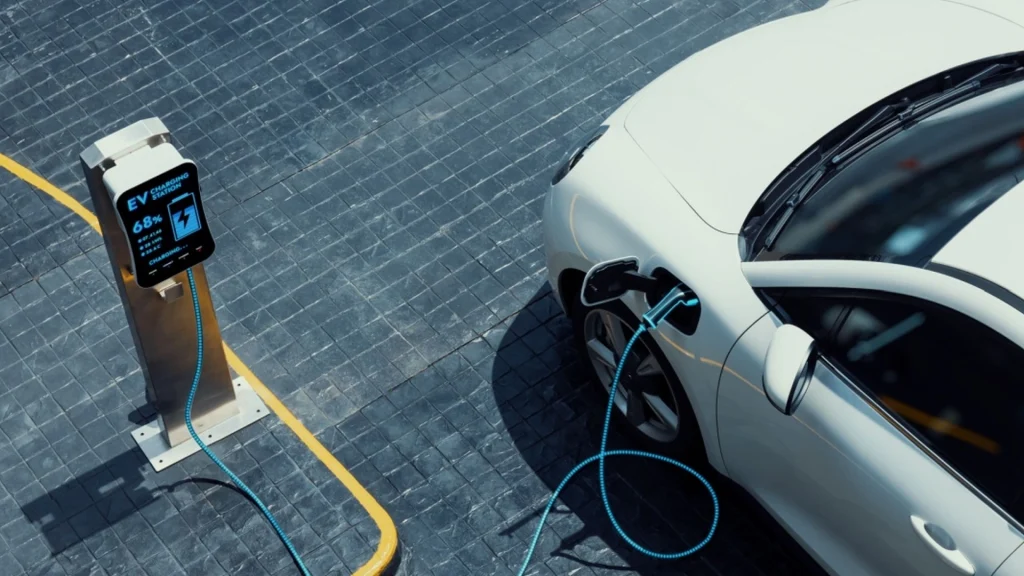Manufacturers were required to ensure 22% of all new car sales next year were EVs.
Others are reading now
The British government is reconsidering its strict electric vehicle (EV) targets for 2024 after significant criticism from the auto industry.
Initially, manufacturers were required to ensure 22% of all new car sales next year were EVs. However, with consumer demand lagging and mounting challenges, this goal is being reviewed.
The mandate is part of the UK’s broader effort to phase out combustion engine vehicles by 2030, according to Boosted.
Yet automakers have struggled to meet the targets, citing insufficient consumer interest and the removal of EV subsidies in 2022.
Also read
Without government incentives, the transition to EVs has become even more difficult.
Timeline has Shifted
In response to the concerns, Trade Minister Jonathan Reynolds met with auto industry leaders and promised to involve them in finding a more practical approach.
Speaking at a Society of Motor Manufacturers and Traders (SMMT) event, Reynolds emphasized the need for collaboration.
He acknowledged the difficulty of meeting the 2024 targets and pledged to consult the industry on adjustments to the Zero Emission Vehicle (ZEV) mandate.
Reynolds assured attendees that the government’s 2030 phase-out deadline for combustion engines remains in place. However, this timeline has already shifted several times, wavering between 2030 and 2035.
The 22% EV requirement for 2024 has proven challenging, especially as some manufacturers face fines of up to £15,000 per non-compliant vehicle.
To avoid penalties, automakers have limited production of gas and diesel cars or cut prices on EVs.
Future targets are even stricter. By 2025, the requirement rises to 28%, and by 2030, 80% of new car sales must be electric. Reynolds acknowledged that achieving these goals will require government support to make EV adoption viable for consumers.
Hybrid vehicles remain an option until 2035, providing manufacturers and buyers additional time to adapt.
However, as the UK pushes forward with its electrification agenda, industry leaders and government officials alike are searching for ways to bridge the gap between policy and market realities.

